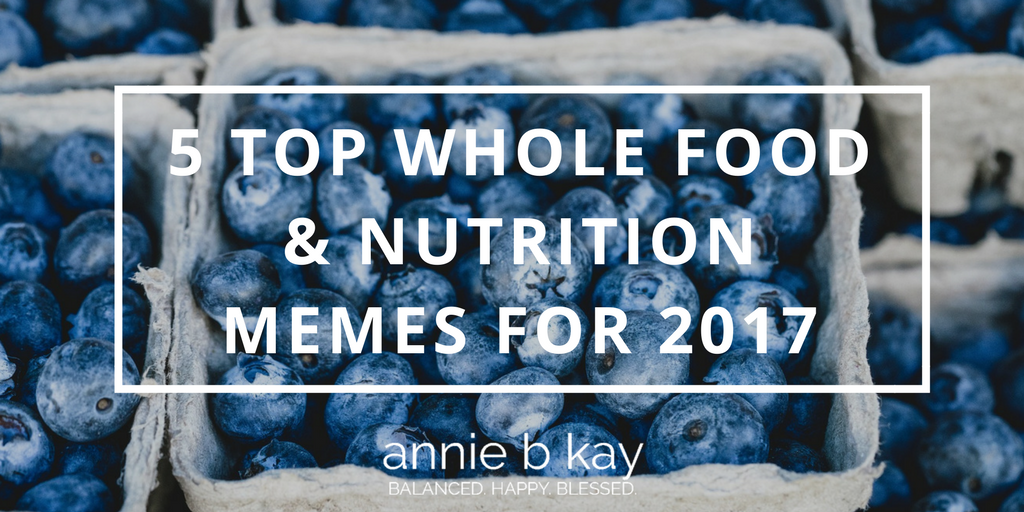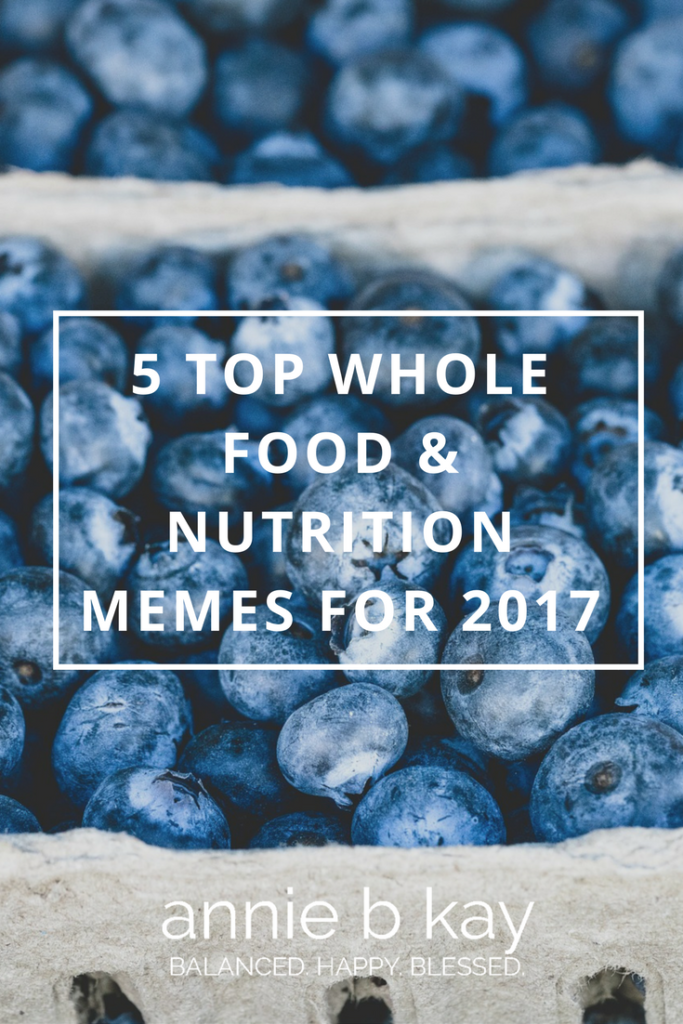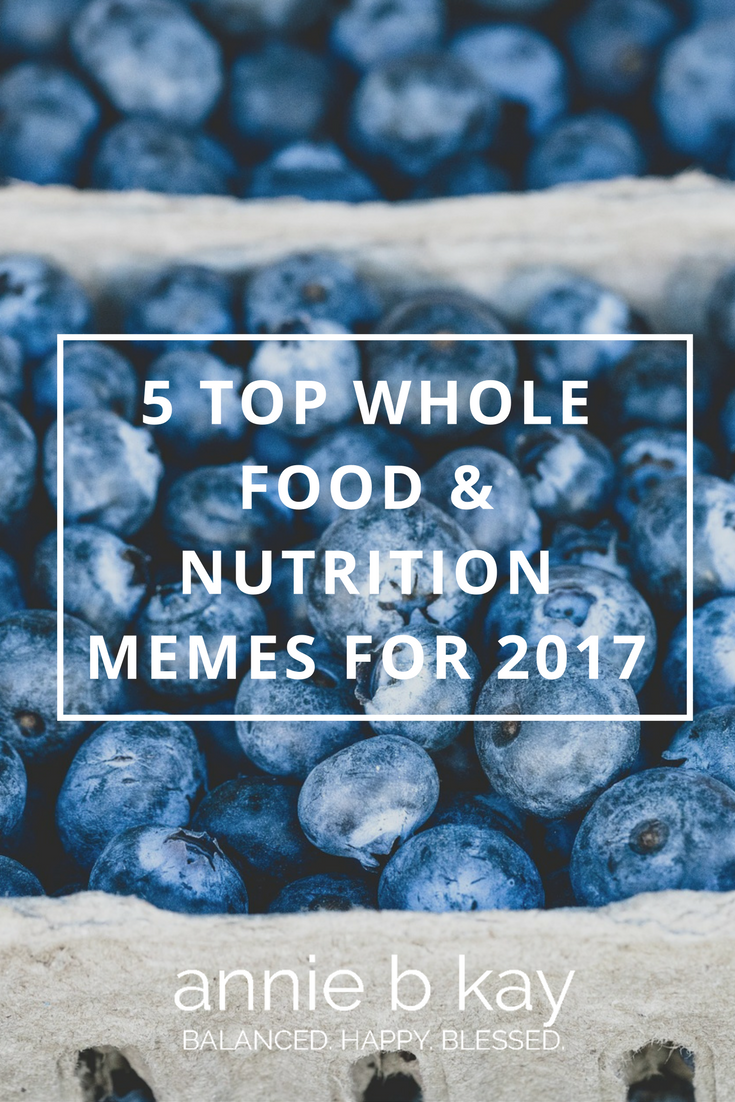
Happy New Year! It’s that time again!
Time to review the year that was, and reset our course for the possibilities ahead. I honestly don’t know too many people who had a stellar 2016, but I know you’re out there. Here’s a round up of the top whole food & nutrition memes I see out there.
Prediction: 2017 will be the year of the skillful – we will be challenged! For those who are clear about who they are and what’s real, and roll up their sleeves to serve others and have a good time, it will be a good year.
So, let’s eat! The mega-trend is AUTHENTIC. REAL is in.
So, your practice of discernment – of separating the true from the pretenders – is the practice of the year.
Here are my top whole food memes to watch:
- Spicy shots! It all began with the re-emergence of Fire Cider (and the bru-ha-ha that followed when an upstart trademarked a beloved herbalist’s recipe – couldn’t this have been prevented with a kind and appreciative phone call?). Anyway, I just whipped up a new recipe on this concept that does not require steeping for 6 weeks. It’s not the original, but it has increased our Free Fire Cider consumption and has been keeping us warm this month. Recipe coming soon! These fun little morning shots are warming and nutrient dense – natural preventive nutrition of the very best kind. This is my favorite food trend of the year. Bottom’s up!
- Post-paleo Real-paleo – return of the (whole) grains! Paleo taught us a lot – it taught us to think about our genetic imperative (just how do we feed humans?). It taught us that refined foods (even those with a Paleo wrapper), refined grains, and refined sugar are not our friends. Paleo man (that famous 10K-year-old fellow) did not, however, eat bacon. He didn’t eat meat 3x per day. He sure didn’t eat modern grain-fed hamburgers, even without the bun. I’ve read a number of analysis suggesting he ate more than 110 gm of fiber (most Americans get 5-14 gm in our refined diets). Now that the paleo-frenzy has subsided, we are re-appreciating whole grains, and enjoying them as tolerated. Let’s hear it for balance.
- Authentic quality animal & fermenteds! As my friends and excellent nutritionists John Bagnulo and Kathie Swift say – you are what they ate. Our great-grandparents didn’t need terms like organic and grass-fed, but unfortunately, due to the duplicity of marketing, we do now. We are swimming in poor-quality food, high in calories and low in nutrition. So, to improve your diet, if you eat animal foods, choose only those that are raised as nature intended. Cows are designed by the universe to live off grass, not grain. Chickens are healthy and happy when they are eating bugs and grass. This year, try your own fermented food recipes and include a little something fermented every day.
- Revenge of self-acceptance. This year the NIH taught us a new phrase: metabolic adaptation. It means that if we gain weight and then lose, there’s a chance that, pound for pound, we will need fewer calories than if we hadn’t taken that weight gain sidetrack. Sigh. Does it go away over time? Something in me tells me that it does, but not to the degree we’d wish. So, enter self-acceptance. If you can follow a preventive health lifestyle regardless of the number on the scale, and you sustain it over time, you will win. You will look better, feel better and probably live longer. Will you reach your high school (or college) weight? Will you do it without dealing with your own hunger and satiety issues? Probably not.
- Smarter supplement use. Supplements can be powerful medicines but are generally over-used and generally of really poor quality. Taking every supplement you hear about, and buying the cheapest version you can find, is a losing strategy. I only suggest someone try a supplement to address a lab value or a symptom, find the highest quality you can find & afford, take as directed and watch to see if you get the result you are seeking. I also keep supplement use to your top 5 (and 5 is a lot!). Run from practitioners that insists you need more. The right supplement at the right time can be a lifesaver, but food is so much more important overall. A qualified licensed nutritionist can work with you to sort which are worth it for you, and how to use supplements along with diet and lifestyle effectively.





You will realize that you are following a properly-formulated and healthful keto weight loss program for you if these four variables are trending inside the proper direction:
• Your temper, strength ranges, and experience of well-being
• Your frame composition
• Relevant biomarkers (e.g., blood stress, ldl cholesterol, triglyceride, and blood sugar levels)
• Your ketone levels
Thanks UFO Cotton Candy – I guess we can agree to disagree – while I agree keto can be worked to be healthful for some and it takes individual monitoring, the things you put forward are just incorrect IMH(educated)O. I don’t believe there is a biomarker called blood stress. Actually every aspect you put forward I think is incorrect.